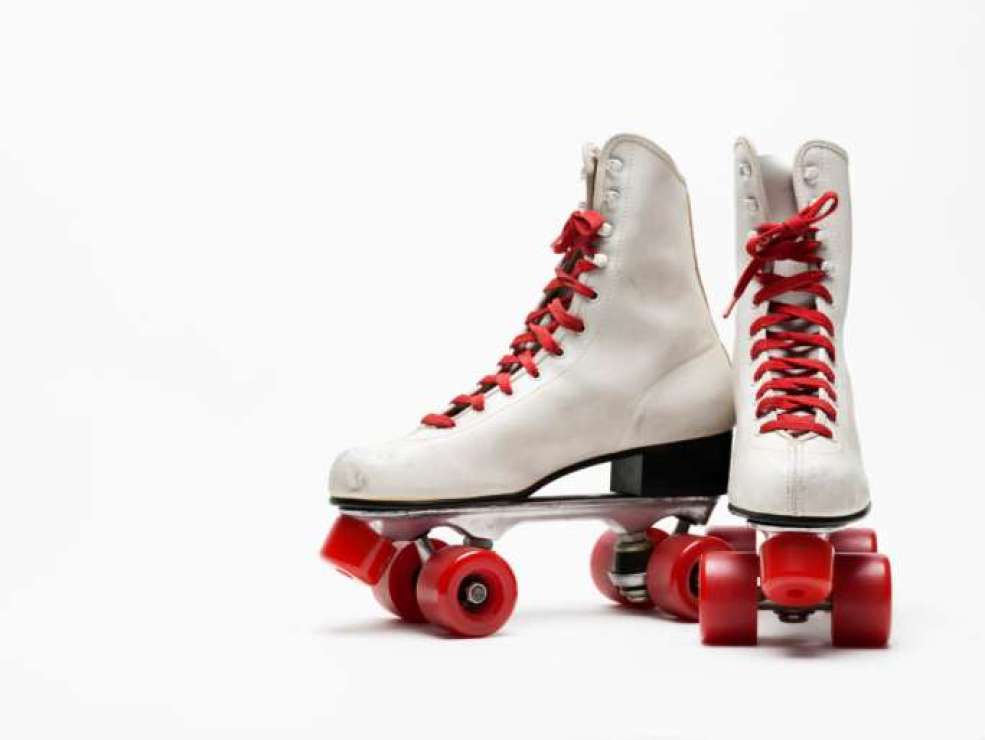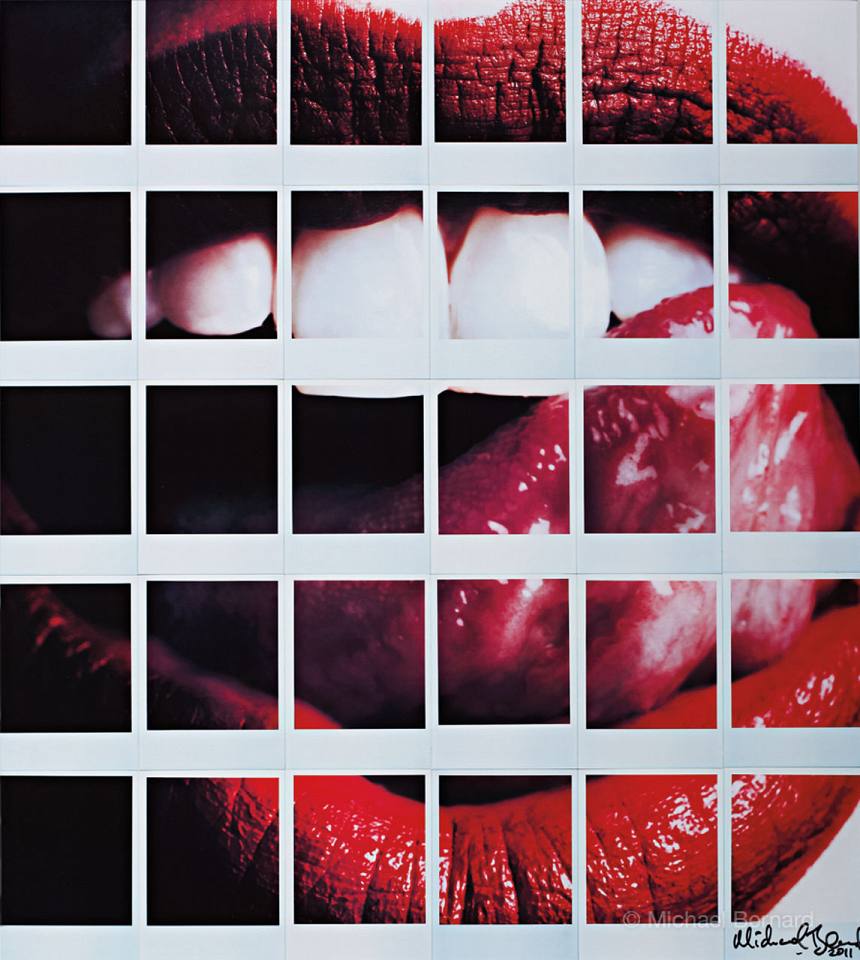Sometimes you don’t realize how bad of a situation you are in, until you see the concern in the eyes of someone who cares for you deeply…

by: Tom Gartner
It was a long morning in pre-op. My surgery was originally scheduled for 11 a.m., but for whatever reason, that didn’t happen. The upside to this, I thought, was that maybe Emma would arrive before they started. She’d been in Hong Kong on a business trip when the accident happened.
Missed connection in LA, her most recent text said. ETA 2 pm if traffic is kind
Oddly enough, considering everything that was broken, I was not in much pain. Or at least, I could remember being in a lot more. People kept telling me I must have a high pain threshold, but I was willing to wager it was drugs. I seemed to remember hearing someone say “dilaudid.”
Around noon doctors started dropping by, one at a time. I’d met most of these folks already, in the thirty-six hours since I’d arrived at the hospital. It had taken them a while to get their shit together and figure out what to do with me. First was Dr. Sinclair, tall and bearded, with an Irish accent. He was the one who’d popped my hip back into its socket in the emergency room. After him came Dr. Everett, apparently the headliner in this show, though he was a young man with a wispy beard and a soft voice, not at all my image of a surgeon. When he’d showed me the X-ray of my knee, I’d just nodded, though I’d been impressed that he seemed to think fixing it was no big deal.
Dr. Bergman, middle-aged and fussy, was the hand surgeon. It seemed like every time I saw him, he found more broken bones. Next to last was Dr. Lin, a young Asian-American woman, a cardiologist, who had advised me to quit cycling and take up walking instead.
Finally, just as it seemed we were getting close to the final countdown, there was a doctor I hadn’t already met: Dr. Pickett, the anesthesiologist. He was fortyish, tall and rangy, with bright blue eyes.
“Well,” he said as he shook the hand that wasn’t broken, “another victim of the automobile. Been seeing a lot of that lately. I hope the car looks half as bad as you do.”
“Not even a dent, from what I understand.” I had no recollection of the accident itself. I’d woken up in the ambulance. “Ford Explorer.”
“Bad luck.” He ran his eyes over the various monitors I was connected to. “But hey, it goes with the territory, right?”
Fair point, I had to admit.
“The Strenuous Life,” he said.
“How’s that?”
“Theodore Roosevelt. Famous speech: ‘The man who does not shrink from danger, from hardship, or from bitter toil… out of these wins the splendid ultimate triumph.’”
“I guess it worked for him.”
He put a stethoscope on my chest but didn’t really seem to be listening. “It’s funny about that. You know the myth, I suppose. TR the sickly child, who healed himself in the outdoors. Camping, hunting, cattle ranching, leading expeditions.”
“Sure,” I said.
“As it happens, my great-uncle was Roosevelt’s doctor late in his life. Too late to do any good — the man had ruined his health with all his manly adventures. Died at sixty. Could have been president if he hadn’t worn himself out.”
“Interesting,” I said. “But it’s not like I was charging up San Juan Hill. I was just trying to make a left onto Panoramic Highway.”
“And here you are. Man proposes, God disposes.” He pocketed his stethoscope. “Now let’s have a little talk about anesthesia.”
Large room, lots of bright lights and shiny equipment. Half a dozen people in scrubs bustled about — not the doctors yet, except for Pickett, just the support crew. They seemed cheerful as they moved things around, positioned me on a table, asked each other questions that I didn’t understand.
“I know it sounds like we don’t know what we’re doing,” Dr. Pickett said. “But of course we do.”
I nodded as well as I could. A young woman was putting an oxygen mask on my face.
“Really, I’m almost sure we do.” He leaned toward me, and I thought I saw a wink. “OK, breathe deeply now.”
I considered myself to be pretty good at deep breathing, but they kept me at it for what seemed like a long time. The young woman pressed on the mask. To an uninformed observer it probably would have looked like she was suffocating me. Finally, from the corner of my eye, I saw Dr. Pickett nod, and she let go.
“Now for the good stuff,” he said.
That’s the last thing I remember.
When I woke up, Emma was there, sitting in a chair by the side of the bed.
“You just missed Dr. Pickett,” she said. “The anesthesiologist. What a nice man. So interesting. Did you know his great-uncle was Teddy Roosevelt’s personal doctor?”
“He was kind of a joker, actually,” I said.
“Well, I thought he was nice.”
“OK, OK. He was good at his job — I was unconscious when I needed to be, and now I’m awake again. So it’s all good.”
“It’s all good?” She stood up and came closer to the bed. Her cheeks flushed, her eyes went wide and damp, her forehead crinkled. “You really think so?”
“Do I look that bad?” I asked.
Apparently the answer was yes, because she just leaned over to hug me as best she could. I managed to put my good arm around her shoulder and she managed to press her cheek against mine. She was crying and so, possibly, was I, because until then I’d been trying to mirror the professional detachment of all the people who’d been so expertly putting me back together. For the first time I was seeing myself through the eyes of someone who actually knew me.
Tom Gartner’s fiction and poetry have appeared in numerous journals, including The Madison Review, California Quarterly, New Limestone Review, Kestrel, and most recently Twelve Winters. One story was nominated for a Pushcart Prize. He lives just north of the Golden Gate and works as a buyer for an independent bookstore in San Francisco.





